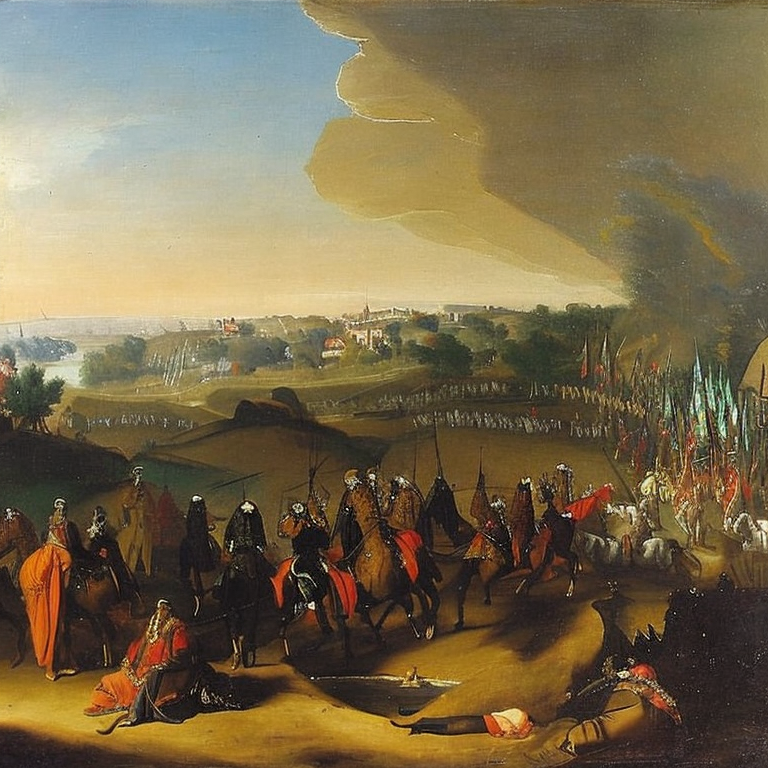The History of European Colonialism and Its Legacy in America
Summary
European colonialism in America was fueled by justification of unoccupied land and lack of indigenous utilization. Colonizers renamed many places after their home countries leading to rivalries and bloodshed. Possession of colonies through force and retention mattered, with dispersed authority in fledgling empires. The Dutch and English aimed to dismantle the Portuguese commercial empire, leading to the establishment of the Dutch East Indies and the influx of capital furnishing European merchant empires. Christianity and colonialism also intertwined, leading to hybrid forms of Christianity and the attempt at conversion and acculturation into European ways. Slavery also became an integral part of the economy in sixteenth century Portugal with Africans being enslaved due to their skin color as a marker for social segregation.
Table of Contents
- Justification and Renaming of Places
- Possession and Dispersed Authority of Fledgling Empires
- Dismantling the Portuguese Commercial Empire
- Christianity and Colonialism
- Slavery in European Society
Q&A
1. How did early English colonists in North America justify their colonization?
Early English colonists in North America justified their colonization by claiming that the land was unoccupied and that natives were not utilizing it.
2. How did European exploration impact the renaming of places in America?
European exploration led to the renaming of many places in America, reflecting the colonizers’ home countries.
3. What mattered in the retention of colonies during European colonialism?
Possession of colonies through force and retention mattered during European colonialism. There was no agreed framework of law or final court of appeal to adjudicate claims, with authority in fledgling empires being dispersed.
4. How did the Dutch and English aim to dismantle the Portuguese commercial empire?
The Dutch and English aimed to dismantle the Portuguese commercial empire, understanding the lessons of monopoly maritime empires in general and the significance of the intra-Asian trade. The Dutch moved to control the choke-points of spice production and to dominate the intra-Asian trade themselves, leading to the establishment of the Dutch East Indies, a profitable and permanent quasi-state institution.
5. How did Christianity and colonialism intertwine?
Christianity and colonialism intertwined as missionaries attempted conversion and acculturation into European ways. In the Americas, the Franciscans attempted to Christianize the indigenous populations but faced resistance, leading to a decline in their millennial dream. In the Far East, Christian missionaries faced even greater difficulties, and local attitudes towards the Portuguese turned hostile.
6. What role did slavery play in European society during colonialism?
Slavery became an integral part of the economy in sixteenth century Portugal, with Africans being the only ones enslaved due to their skin color being seen as a marker for social segregation. In addition, even ordinary people owned slaves.
Conclusion
European colonialism in America was fueled by justification of unoccupied land and lack of indigenous utilization. The renaming of places after colonizers’ home countries led to rivalries and bloodshed. Possession of colonies through force and retention mattered, with dispersed authority in fledgling empires. The Dutch and English aimed to dismantle the Portuguese commercial empire, leading to the influx of capital furnishing European merchant empires. Christianity and colonialism also intertwined creating hybrid forms of Christianity and the attempt at conversion and acculturation into European ways. Slavery also became an integral part of the economy in sixteenth century Portugal with Africans being enslaved due to their skin color as a marker for social segregation.







